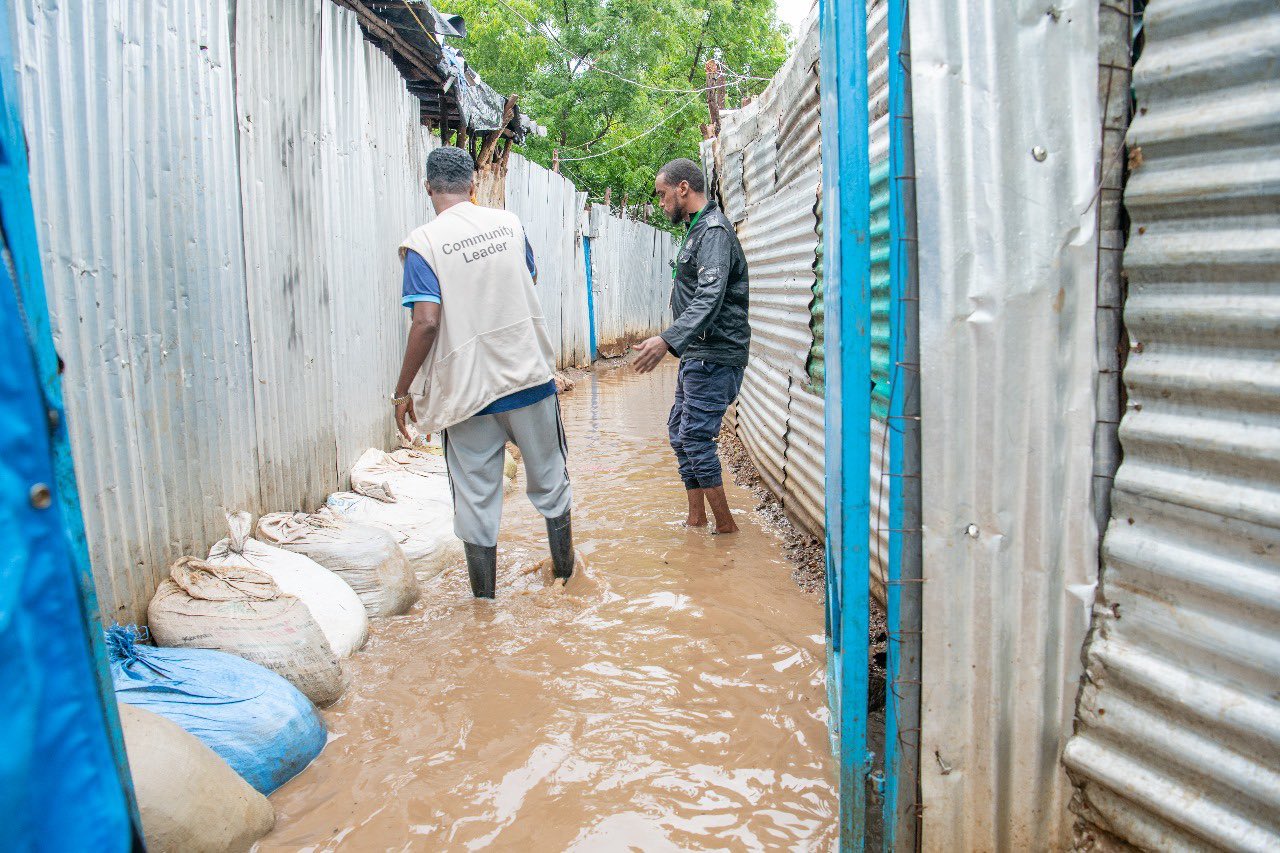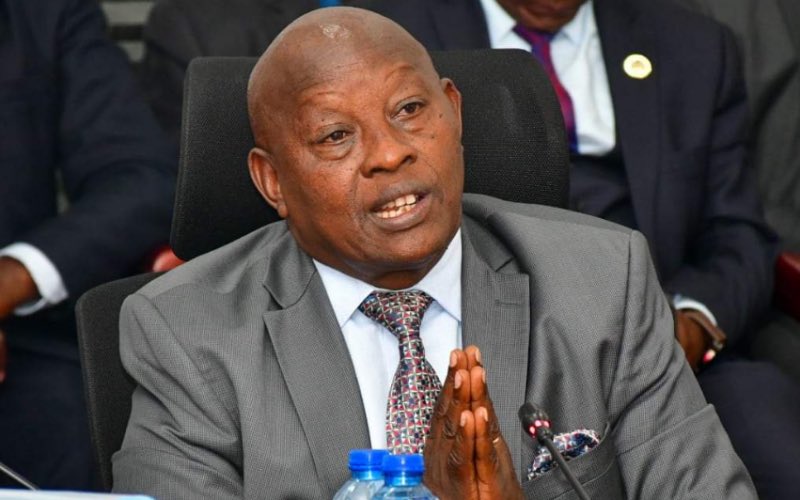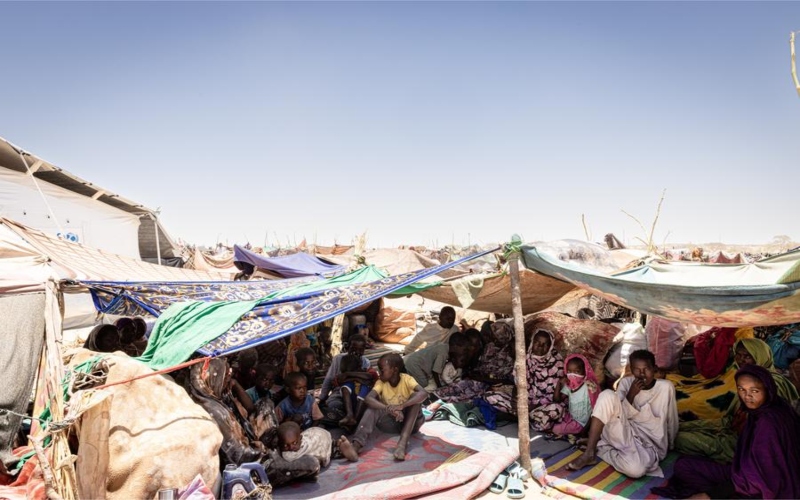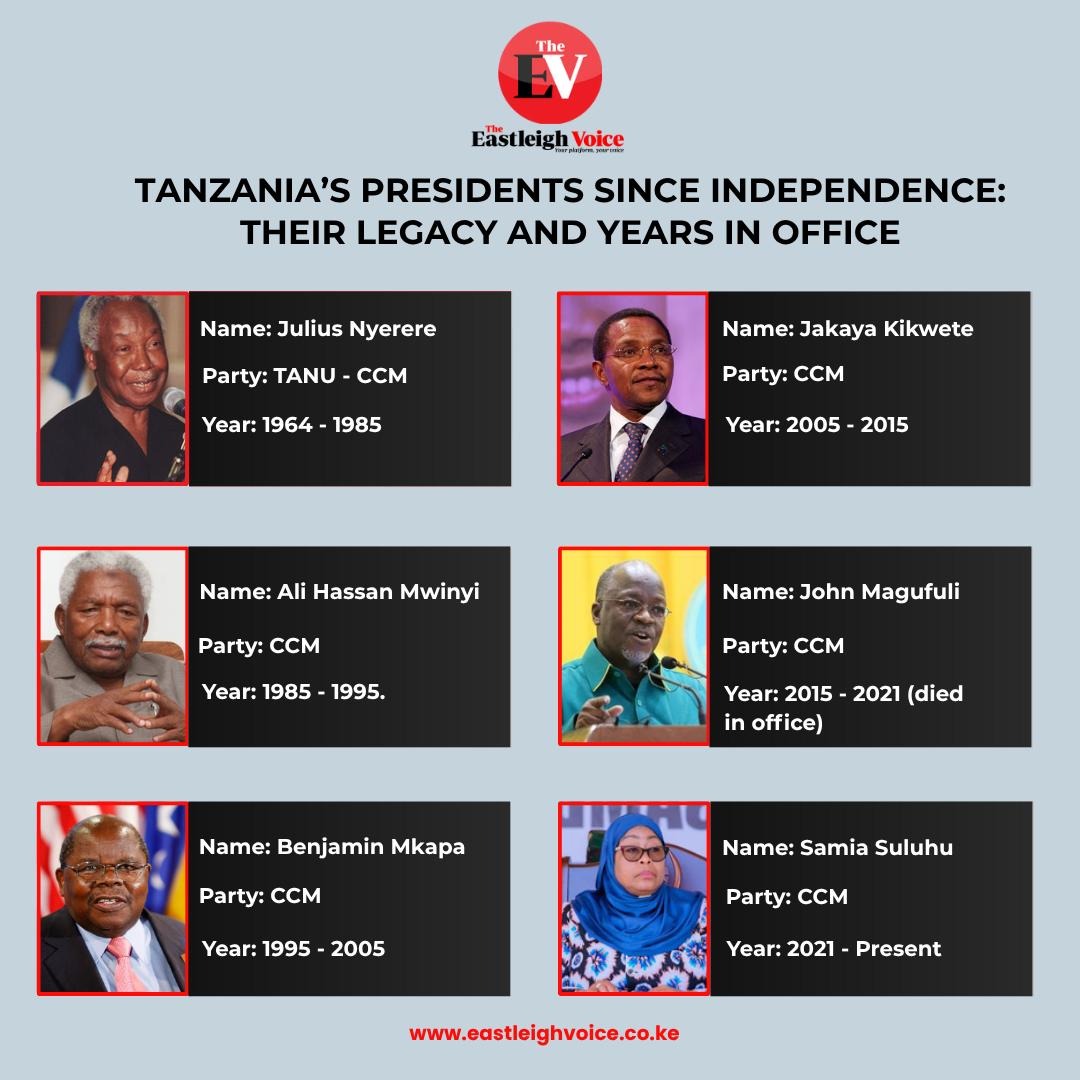Refugees urged to move to higher grounds as heavy rains continue

UNHCR Representative to Kenya Caroline Van Burech has expressed concerns about the heavy rains which have now reached the Kakuma refugee camp.
The Directorate of Refugee Services has called on refugees living next to rivers, dams and water pans to move to safer grounds, Commissioner for Refugee Affairs John Burugu now says.
This follows heavy rains that continue to pound various parts of the country including the Kakuma refugee camp.
More To Read
- Kenya defends stricter asylum screening for Ethiopian, Eritrean applicants
- Refugee youth rewrite their future through film in Dadaab
- From camps to commerce: Refugee entrepreneurs shine at Kakuma trade fair
- WFP warns of rising hunger among refugees in Ethiopia
- UNHCR Chief Filippo Grandi warns world against growing numb to atrocities
- WFP warns of critical food ration cuts affecting refugees in Tanzania
"Indeed! All refugees living next to rivers, dams and water pans are advised to move out to safer grounds in schools, churches or community halls as guided by community officers of the Department of Refugee Services, UNHCR-Kenya and partner field officers for their safety," Burugu said on Monday.
On Saturday, UNHCR Representative to Kenya Caroline Van Burech expressed concerns about the heavy rains which have now reached the Kakuma refugee camp.
"UNHCR teams are on the ground, working with the Directorate of Refugee Services, partners and members of the community on flood preparation activities. More updates on the situation soon," she said in a post on X.
Officials at the camp have been monitoring the heavy rains for immediate response and mitigation, recently noting there has been a substantial reduction in rainfall in the last few days.
Past heavy rains have caused severe flooding in the camp that claimed lives, caused displacement of persons and hampered relief work following the erosion of riverbeds in Kakuma.
Manager Kakuma Refugee Camp @DRSKenya, @UNHCR_Kenya & partners are monitoring the heavy rains pounding areas of the camp for immediate responses & mitigation. Substantial reduction in amounts of rainfall has been recorded in the Dadaab Camp @InteriorKE pic.twitter.com/VYrOLoul2Q
— J.N. Burugu (@burugu_j) May 4, 2024
An assessment by ReliefWeb before the rains began last year showed that the ongoing heavy rains will worsen the humanitarian needs in Kenya and predispose many to diseases as the lack of sanitation infrastructure and clean water lead to water-borne diseases.
Pre-existing vulnerabilities
The findings from the assessment showed pre-existing vulnerabilities in the targeted four counties that were found to have high prevalence and severity of living standard gaps.
"The absence of latrines in Turkana (65 per cent), Mandera (38 per cent), Garissa (33 per cent) and Marsabit (27 per cent) resulted in households resorting to open defecation.
The assessment report indicates that the El Niño rainfall experienced in the last quarter of 2023, escalated the situation.
"Similar experience can be expected during the March-May 2024 rainy season as above-average rainfall has been predicted. The low or lack of income, high commodity prices, and depleted livelihoods caused by five consecutive dry seasons are expected to continue driving food insecurity in these regions," the report adds.
The situation will further breed reliance on humanitarian aid.
"If there is no tangible response, the already vulnerable populations may be at risk of extreme levels of food insecurity due to lack of stable income and increased food prices," it adds.
The UN and its partners are supporting the Government-led response to the heavy rains and flash flooding.
"As of April 29th, we and our partners have provided emergency assistance to more than 124,000 people, including water sanitation and hygiene supplies, food, health and psychosocial support," the United Nations Office for the Coordination of Humanitarian Affairs (UNOCHA) notes.
At the same time, the agency has been supporting rescue operations and the establishment of camps to host people displaced by the floods that have affected more than 190,000 people and displaced over 150,000 people across the country.
According to OCHA, the agricultural sector has been heavily impacted, with more than 4,800 livestock lost and more than 27,000 acres of cropland damaged following the ongoing rains.
Top Stories Today











































